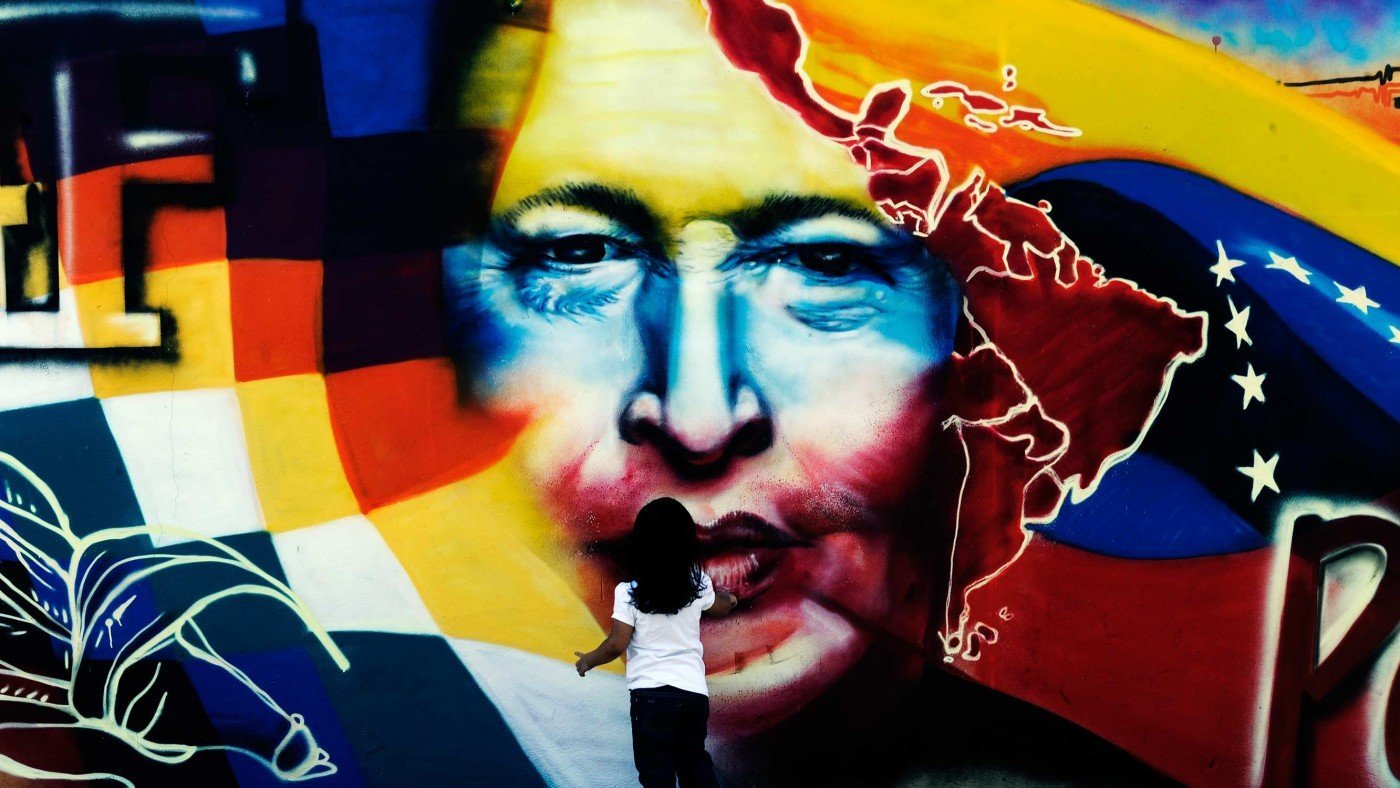In September it was flour, which was apparently so valuable people were being killed in smuggling operations across the Colombian border. Last month it was fuel, which went up in price by 6000 percent and was still cheaper than almost anywhere in the world. Today, the example which demonstrates how dysfunctional the Venezuelan economy has become is even more tragic: basic medication.
Daniel Lansberg-Rodríguez of Democracy Lab has written on the ever-worsening healthcare crisis in Venezuela, where “from Tylenol to chemo — if you need it, you’re out of luck”. He tells the appalling story of 14-year-old Maikel Mancilla Peña:
“Maikel, who had epilepsy, died for want of diazepam and lamotragine. A month’s supply of either would have been available at any U.S. pharmacy for less than 10 dollars.”
The reason Venezuelans are suffering without basic medications is not because they are poor – last year the government raised the minimum wage by 30 percent. Nor is it because the drugs are too expensive – in fact the prices are kept artificially low. Rather, it is because a series of misguided government policies have resulted in a situation where the medication does not exist within Venezuela at all.
The plummeting oil price, which has fallen by three-quarters, has slashed 95 percent of Venezuela’s export basket, but that is only part of the story. Oppressive currency controls restrict imports to the extent that the outside world is effectively another planet for Venezuelan citizens. They also enable lively corruption and cronyism amongst state officials – the government actually sets three different exchange rates, making it difficult for private enterprises to trade and enabling officials to buy goods more cheaply and sell them at a mark-up on the black market.
Meanwhile price controls, which on paper give every Venezuelan access to healthcare, make it utterly unprofitable for companies to sell medications. And that is assuming they get paid at all – recently three global pharmaceutical companies were finally paid arrears of $500 million in state-owned bonds, which still leaves them at a loss.
As Venezuela’s debts have ballooned and its income dried up, healthcare has become not only a luxury, but a fantasy. To maintain the illusion that Venezuela is a socialist paradise where adequate care is provided to all, the government forbids raising the price. Market analyst Nuno Tiago Gião Antunes writes:
“According to the president of the Venezuelan Pharmaceutical Federation 70-80 percent of the medicines in the country are in short supply, or not present at all. Hospitals and clinics are unable to provide many of the medicines and medical supplies, relying on patients to find them elsewhere, a challenging and frequently unsuccessful task.”
The irony of Venezuela’s commitment to the total equality of resources is that, when you have no resources to share, the black market kicks in where a legal market has been denied. Instead of allowing citizens to pay international market prices for safe medication, only the very wealthiest can afford to buy drugs, which are of dubious quality.
In responding to the humanitarian crisis, the fractures in Venezuela’s political system have split wide open. December’s parliamentary elections resulted in a landslide victory for the opposition in Venezuela’s National Assembly, which won enough seats to shorten the presidential term of Nicolás Maduro. But pro-Maduro justices on the Supreme Court ruled that “voting irregularities” required three deputies to resign – conveniently the exact number needed to break the opposition’s super-majority and secure Maduro’s position. Lansberg-Rodríguez explains that the National Assembly has formally requested international aid from the World Health Organisation and other groups which have offered to provide emergency healthcare and medications to Venezuela’s empty hospitals.
But President Maduro refuses to accept it. To do so would be to acknowledge that Chávez’s socialist framework has not only failed, but is literally killing its people. Instead, Maduro claims reports of the crisis are a conspiracy trumped up by international forces to undermine his socialist government, and has rejected any cooperation.
It is for this reason that, as the mosquito-borne Zika epidemic sweeps the continent (insect repellent also in short supply), Venezuela’s government has refused to release figures on the number of cases. As I wrote in January:
“The Venezuelan government is putting its own citizens at risk in order to hide its catastrophic failure to provide adequate healthcare. While the Zika virus epidemic cannot be blamed on the government alone, the administration’s lack of transparency in responding to the crisis reveals both the level of state corruption and the gaping holes in the country’s socialist model.”
The more scrutiny Maduro endures, the more he is digging in his heels. That an elected Assembly has requested aid only to be blocked by a President who has defied democracy to remain in power exemplifies yet again how the will of the Venezuelan people is being ignored.
Other countries are suffering healthcare tragedies. The escalation of the Zika virus has sparked international panic across the Americas, and basic vaccines and treatments remain unavailable to millions worldwide, from Sierro Leone to India. But the tragedy of Venezuela is that one of the most resource-rich countries in the world has systematically impoverished and injured its citizens, by clinging to a broken ideology which denies them bread and paracetamol. Maduro and his socialist cronies would rather let Venezuelans die than admit they might have been wrong.


